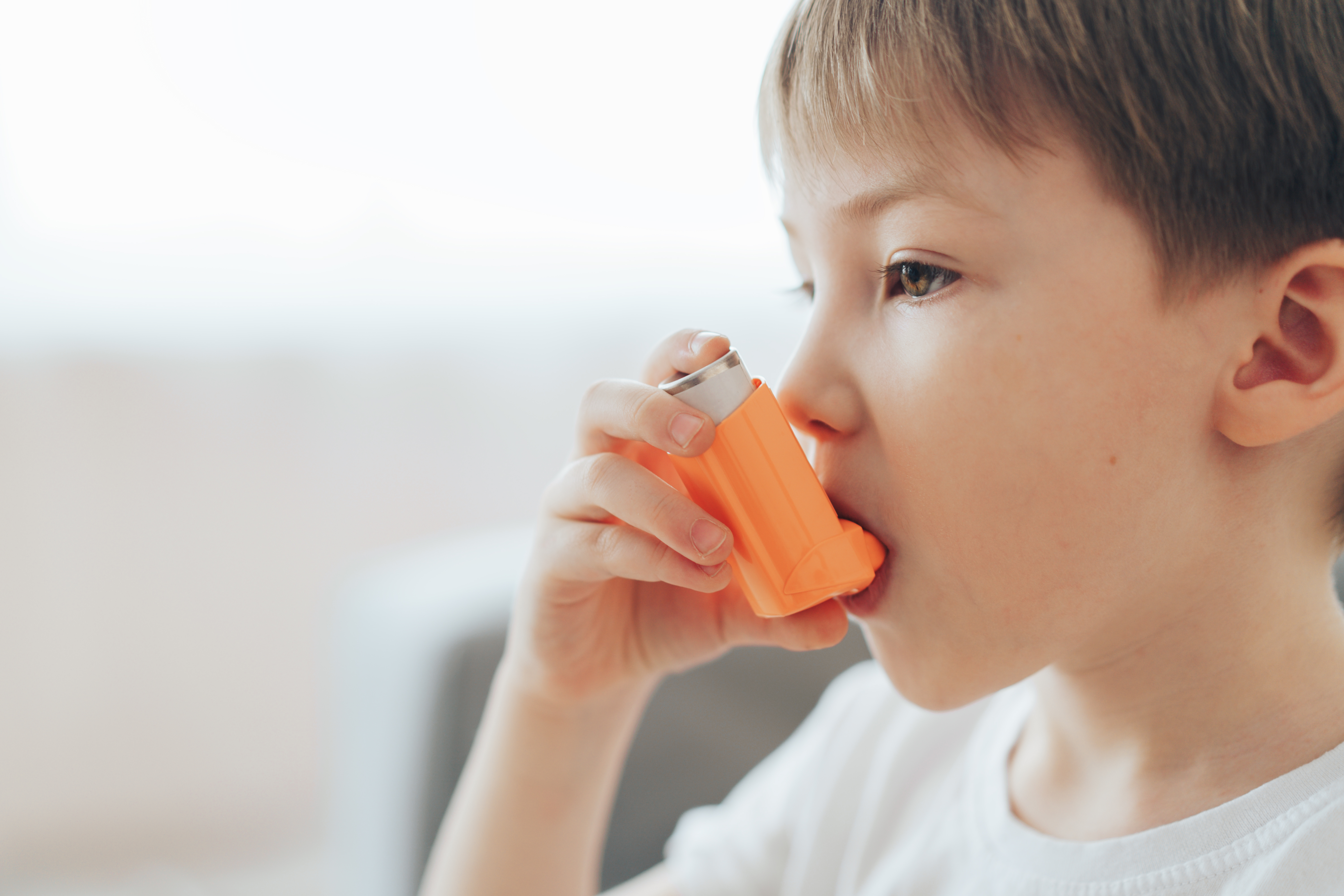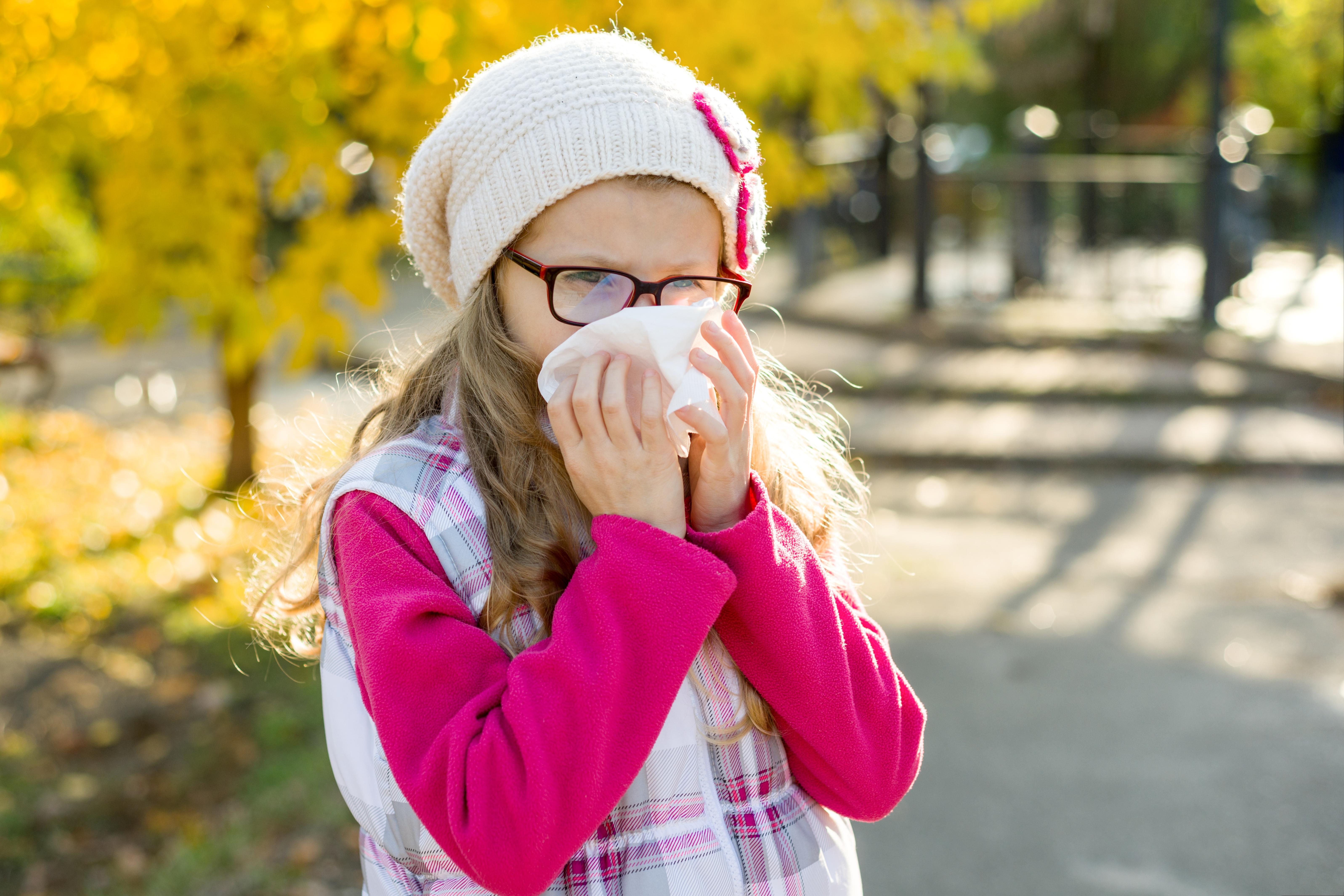Top 10 Childhood Illnesses Every Parent Needs to Know
3. Understanding and Managing Asthma

Asthma is a chronic respiratory condition that affects millions of children worldwide. It is characterized by recurrent episodes of wheezing, coughing, shortness of breath, and chest tightness. These symptoms are caused by inflammation and narrowing of the airways, which can be triggered by allergens, exercise, cold air, or respiratory infections. Asthma can significantly impact a child's quality of life, affecting their ability to participate in physical activities and leading to missed school days. Effective asthma management involves identifying and avoiding triggers, using prescribed medications such as inhalers, and monitoring symptoms to prevent severe attacks. Education is key, and parents should work closely with healthcare providers to develop an asthma action plan tailored to their child's needs. Regular follow-ups can help adjust treatment as necessary and ensure optimal control of the condition. With proper management, children with asthma can lead active, healthy lives.
4. The Persistent Challenge of Allergies

Allergies are a common concern for many children, with symptoms ranging from mild sneezing and itching to severe reactions such as anaphylaxis. Allergies occur when the immune system overreacts to normally harmless substances like pollen, dust mites, or certain foods. Identifying the specific allergens responsible for a child's symptoms is crucial for effective management and prevention of reactions. Parents should be vigilant in observing their child's symptoms and potential triggers. Allergy testing can help pinpoint specific allergens, allowing for targeted avoidance strategies. In some cases, medications such as antihistamines or nasal sprays may be necessary to control symptoms. For food allergies, strict avoidance of the allergen is essential, and parents should be prepared to manage accidental exposures with emergency medications like epinephrine. Education and communication with caregivers and schools are vital to ensuring a safe environment for children with allergies.
